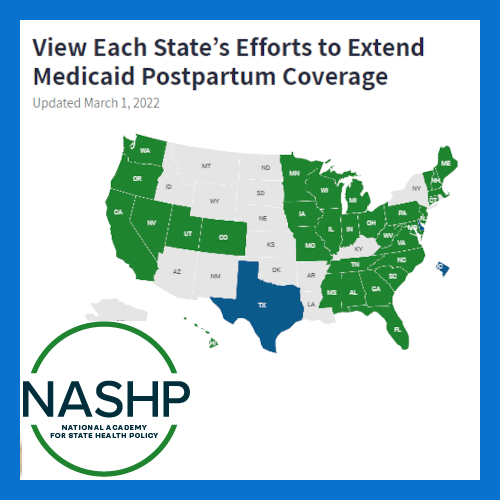Caring for Our Health Care Workforce: Challenges and Opportunities for Philanthropy
This webinar helped participants to better understand the landscape of health care workforce needs, discuss the strategies that attendees are currently engaged in, and highlight the ways philanthropy can build on existing state and federal efforts to ensure a comprehensive response.
On the Precipice: Why Health Funders Should Care about Abortion Access
Reproductive health and justice in the United States are at a crossroads. We are seeing positive developments such as growing (though still inadequate) attention to maternal health and reinstatement of the family planning safety net after years of reductions in access to these services. We invite funders focused on health more broadly to join us in an effort to support the dignity of women and families; protect women’s lives; and mitigate the health, economic, and social harms that can result from being denied an abortion.
Blue Cross of Massachusetts Foundation: April 2022
The Blue Cross of Massachusetts Foundation recently commissioned two studies related to the American Rescue Plan Act, It also commissioned the third study, to understand whether Primary Care Providers identify a need for a behavioral health provider consultation program for adult patients with mental health conditions and substance use disorders.
Trends in Routine Vaccination and Preventive Services for Children
A robust conversation was held on evidence to date about missed immunizations and well-child visits, gaps in data, and implications for children’s health and public health.
Building an Integrated Behavioral Health Workforce for Children and Families
Participants explored multi-year initiatives that build the capacity of community health centers to deliver high-quality, evidence-informed, trauma-responsive, integrated behavioral health care to children and adolescents.
View Each State’s Efforts to Extend Medicaid Postpartum Coverage
The National Academy of State Health Policy has recently updated its tracking of states’ efforts to extend Medicaid postpartum coverage. Extending services for new mothers is a key step toward improving health outcomes and health equity for children and their family members. About 34 states and the District of Columbia have taken steps toward extending at least some coverage beyond current limits.
Reinforcing the Safety Net: Ensuring the Future of 340B
This webinar focused on the critical role the 340B Drug Pricing Program plays in financing health services in the United States.




